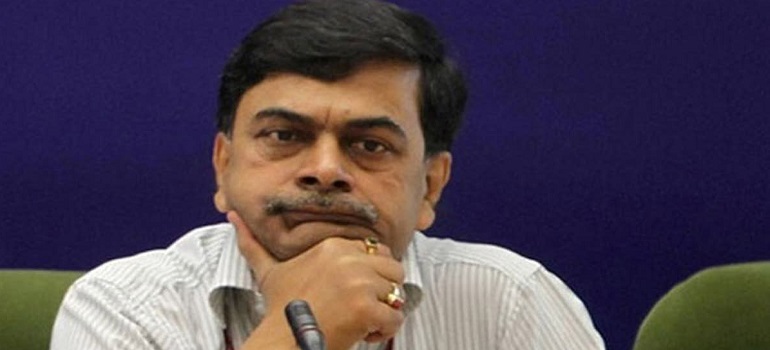
Brushing aside canards being spread by certain lobbies against reforms, Power Minister R K Singh on Friday said the only challenge left is to make the sector viable through efforts like amendments in the Electricity Act and revising tariff policy.
“India is a power surplus nation. We are well connected (in terms of power transmission). Over one lakh MW electricity can be transmitted from one region to another region in the country. We have met all challenges in the sector but the only challenge left here is making it viable,” Singh told in an interview.
He said three canards are being spread against various reforms in the power sector which includes a claim that there would be infringement of states’ rights to appoint members of state power regulators and this power is being transferred to the central government under the proposed Electricity Act.
The minister explained that there is no proposal to take away the power of appointment of members/chairpersons of State Electricity Regulatory Commissions (SERC) from state governments.
As per the draft of the Electricity Amendment Bill (circulated in April this year), the appointments of members/chairpersons of SERCs will continue to be made by state governments.
The Selection Committee currently has equal number of members from the Centre and states – one member from the central government and one from state governments.
The proposed Selection Committee in the draft Bill also has equal number of members from the Centre and states as earlier.
The only difference is that instead of the Selection Committee being presided over by a retired Judge of a High Court, it is proposed that the committee be headed by a sitting Judge of the Supreme Court, the minister explained.
Instead of multiplicity of Selection Committees, there will be one Selection Committee for drawing up of panels for the vacancies in the Central Electricity Regulatory Commission (CERC) and SERCs, he said.
He assured that the appointments will continue to be made by the Centre for CERC and by state governments for SERCs as before.
The reason for this proposed amendment is that currently every state has to constitute a separate Selection Committee for each fresh vacancy and this took time.
In some cases, the time taken for appointment was up to 2 years leading to disruption of work of the regulatory commission.
However, based on the suggestions received, the Centre is now considering to continue with the existing separate Selection Committees for each state – but make them Standing Selection Committees so that there is no need for constituting them afresh every time a vacancy occurs.
The minister said the second misconception is the DBT (direct benefit transfer) is against the interest of consumers, especially farmers.
“It has been argued that if states are not able to pay the subsidies on time, the electricity supply to the consumers may get disconnected. This is baseless,” he claimed.
As per Section 65 of the Electricity Act, 2003, the state government is required to pay the amount of subsidy in advance to the distribution companies. The subsidy is now being proposed to be given into the account of the consumers maintained by the distribution companies through DBT.
He said it is being provided in the new tariff policy that the electricity supply shall not be discontinued even if the state government is unable to pay the subsidy in time or even if it fails to pay the subsidy for 3 to 4 months.
The DBT will benefit the distribution company by making sure that the subsidies due are received as per the number of beneficiaries.
It may be noted that the Centre has implemented DBT for 419 schemes pertaining to 56 ministries with cumulative savings of Rs 1.70 lakh crore.
He said the third misconception on reforms in the sector is that the power to set retail power tariff is being transferred from state to central government.
“Another misconception is that currently state governments fix tariff for retail supply of electricity to consumers and this is proposed to be taken over by the central government. This is again absolutely baseless. Presently, the tariff is determined by SERCs and no change has been proposed in the present arrangement,” he added.
Source: PTI

